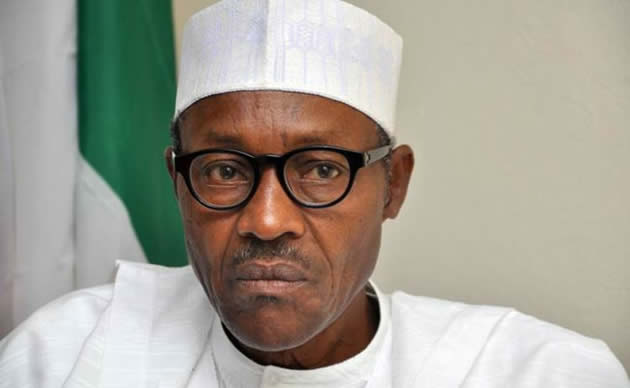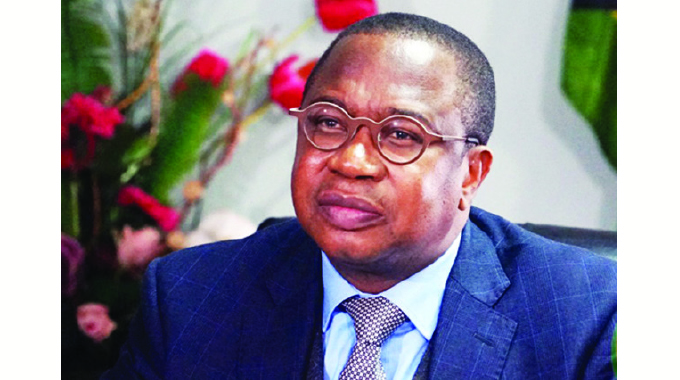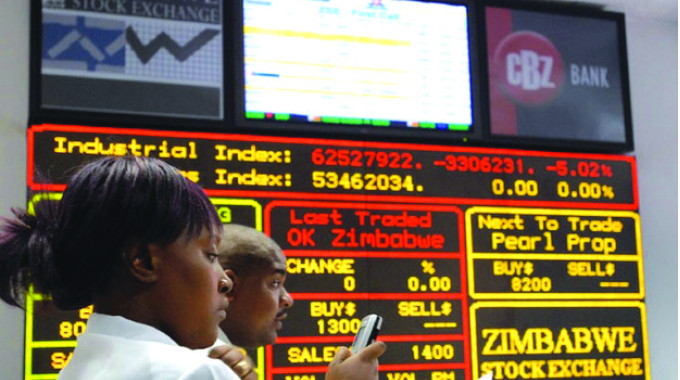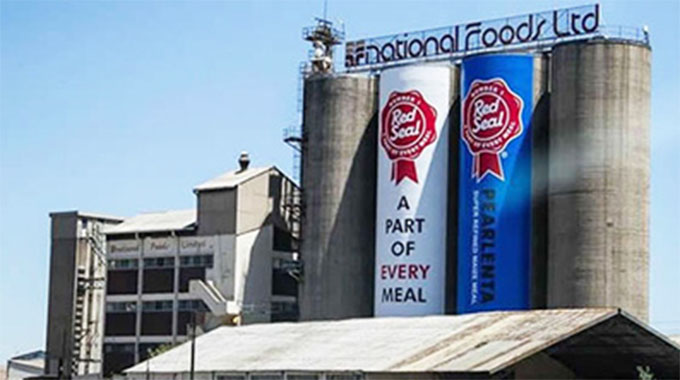SA firm submits report on Batoka

The Batoka Gorge Hydro Electric Power Station will be located near Victoria Falls along the Zambezi River
Hebert Zharare Assistant Business Editor
The South African firm contracted to prepare an Environmental and Social Impact Assessment (ESIA) for the $3 billion Batoka Gorge Hydro Electric Scheme, has submitted its preliminary report to the Zambezi River Authority (ZRA) and financiers as momentum to construct the project gains ground.
The ZRA contracted an independent consultant, Environmental Resources Management (ERM) of South Africa to conduct the ESIA, the authority’s director for water resources and environmental management, Engineer Christopher Chisense told The Herald Business in e-mailed responses yesterday.
The power station will be located near Victoria Falls along the Zambezi River, hundreds of kilometers upstream the Kariba Dam hydropower plant and will generate 2 400 megawatts to be equally split between Zimbabwe and Zambia. Surplus power will be sold to the region.
“To – date, the consultant (ERM) has prepared the draft ESIA report and associated Environmental and Social Management Plan (ESMP), which are still under review by the authority and the financing institutions for the feasibility studies.
“Once this process is concluded, the ESIA report will then be disclosed to the public to enable them provide further comments as well as feedback on the adequacy of the proposed mitigation measures. This disclosure process, which is envisaged to take place within the first six months of 2018, will include engagement of the Water Rafters Association (WRA), environmentalists, the media and other interested and affected people),” Eng Chisense.
Eng Chisense said through these consultative processes and efforts, the authority is confident the ESIA studies, being undertaken prior to the actual implementation of the Batoka project, will address the concerns of the public including those of the WRA and environmentalists.
“This will pave way for the actual implementation of the project with all considerations having been made with respect to inputs from stakeholders. The project will greatly benefit the two countries and the SADC region with regards to increased availability of energy to meet electricity demands, but it will also offer additional investment and job opportunities in the project area and beyond and this additional business venture opportunities are to the rafting community which are currently not available at Batoka,” he said. The first round of stakeholder engagement with respect the planned implementation of the project was undertaken during the scoping stage of ESIA studies in 2014 and 2015. During the process, over 600 questions and submissions were received by the authority.
The ZRA is also implementing an internationally recognised Sustainability Enhancement Programme for the implementation of the project through the application of the Hydro Power Sustainability Assessment Protocol (HPSAP). HPSAP is a tool that promotes and guides the process to enhance over 23 identified sustainability factors for hydro power projects.








Comments